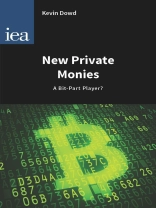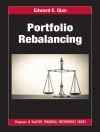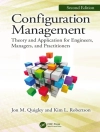Kevin Dowd argues that states must allow a level playing field as far as private money is concerned. For too long the government has stifled competition between state-backed and private currencies. Instead, central banks should welcome competition as it forces them to offer consumers greater choice and improved quality. A weakened ability to store value, growing restrictions on finance, oppressive taxes and a lack of financial privacy have resulted in growing frustration at state controlled money. The superior nature of private currencies combined with the financial freedom they offer has led to their increasing attraction. Bitcoin enables its owners, among other things, to protect their wealth, make investments free from government control and retain a level of privacy, making it increasingly attractive. The price of Bitcoin rose from 3 cents in April 2010 when first traded, to over $900 in January 2014. The relationship between restrictions on individual freedom and demand for private money is also identified in the paper. The increasing constraints on personal freedom have led to private money becoming more and more popular as it enables people to do what would otherwise be illegal. The market for private monies will continue to thrive as long as states restrict and prohibit various forms of commerce.
Об авторе
Kevin Dowd is professor of finance and economics at Durham University and a partner in Cobden Partners. A lifelong classical liberal, his main interests are in private money and free banking, but he is also interested in general political economy, monetary and financial economics, regulation, risk management and pensions. He has published widely in academic journals and is an adjunct scholar at the Cato Institute and a member of the Academic Advisory Council of the Institute of Economic Affairs.












